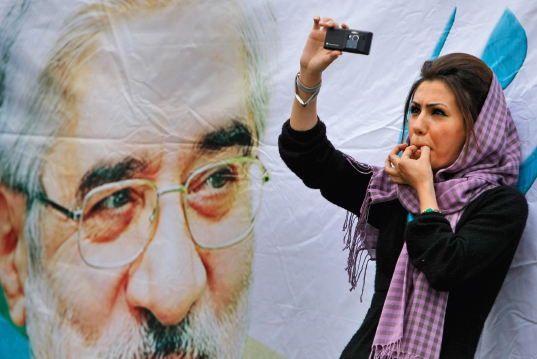Access: Closing the Digital Divide
Printed Page 284
Coined to echo the term “economic divide” (the disparity of wealth between the rich and poor), the term digital divide refers to the contrast between the “information haves” (those who can afford to pay for Internet services) and the “information have-nots” (those who can’t).
Access to the Internet has increased among groups that were once poorly represented online, such as Americans over the age of 65 and people who did not graduate from high school. But gaps still exist: One digital divide has developed in the United States as Americans have switched from slow dial-up connections to the more expensive high-speed broadband service. Though the majority of all Internet users in the United States now use broadband connections, those in lower-income households are much less likely to have this high-speed service.
One way of closing the digital divide is to make Internet access available in public libraries. The Bill and Melinda Gates Foundation has led the charge to provide networked computers in libraries since 1997. Another way to bridge the digital divide is for cities and other municipalities to offer inexpensive Wi-Fi, or wireless Internet access, which enables users of laptops, tablets, and other devices to connect to the Internet wherever they are. Entire cities, such as Corpus Christi, Texas; St. Cloud, Florida; San Francisco, California; and Washington, D.C., are developing Wi-Fi mesh systems. The growing popularity of Internet-enabled smartphones has also made online access more common; many Internet-ready phones are less expensive than laptop or desktop computers, though smartphone use, despite its popularity, is by no means universal.

Globally, though, the have-nots face an even greater obstacle crossing the digital divide. Although the Web claims to be worldwide, in some countries—Jordan, Saudi Arabia, Syria, and Myanmar (Burma)—governments limit or forbid access to the Web. In other nations—Argentina, Colombia, Brazil, Mexico—an inadequate telecommunications infrastructure means some people must wait hours or even days to get online. And in some developing countries, phone lines and computers are almost nonexistent.
The question remains: Does someone who lacks access to the Internet also lack access to the rights, freedoms, and responsibilities that come with living in a democratic society?